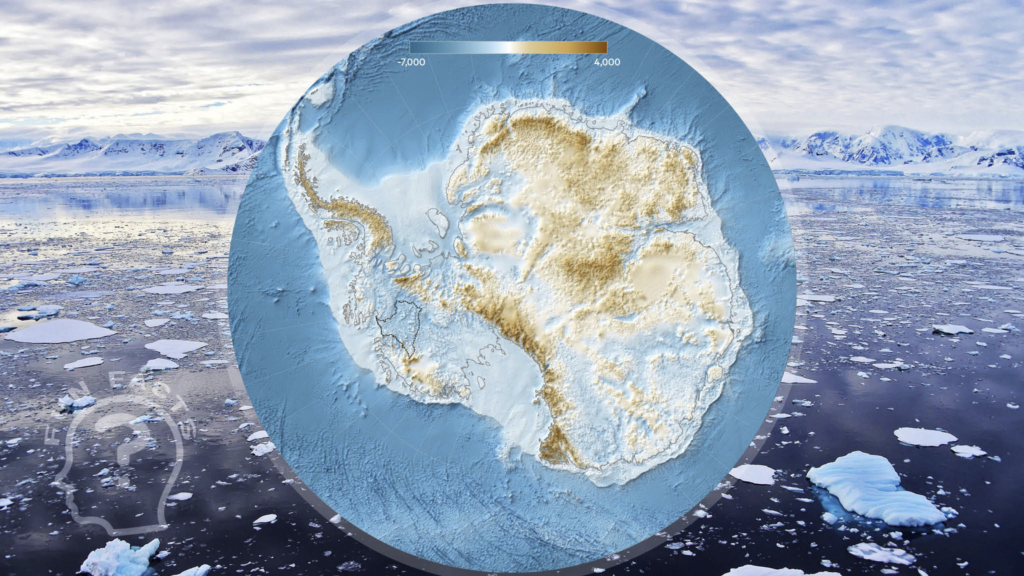Glacier Collapse Global Impacts in the End of The World
Rising Sea Levels, Climate Changes, and Economic Disruption: The Global Impacts of the End of the World Glacier Collapse
Glacier Collapse Global Impacts are one of the main effects of global warming, and the End of the World Glacier, located in Antarctica, is a concerning example of this phenomenon. The collapse of this glacier could have serious consequences on a global scale, affecting the climate, the environment, and human life.
Rising Sea Levels
One of the main consequences of the End of the World Glacier collapse is the rise in sea levels. Experts estimate that the complete melting of this glacier could raise sea levels by up to 2.4 meters, posing a catastrophic threat to coastal communities across the globe.
Changes in Climate and Ocean Currents
Glacier Collapse Global Impacts can also significantly alter the global climate and ocean currents. This is because the melting water is warmer and less saline than seawater, which can affect ocean circulation and, consequently, the climate worldwide.
Damage to Biodiversity and Marine Ecosystems
The melting of the End of the World Glacier can harm biodiversity and marine ecosystems, affecting the food chain and the species that depend on this region. Additionally, the warming of the water can make the oceans more acidic, further damaging marine life.
Economic and Social Impacts
The consequences of the End of the World Glacier collapse can also have significant economic and social impacts. Rising sea levels can cause damage to coastal infrastructure, such as ports and roads, as well as affect the economies of regions dependent on tourism and fishing.
The collapse of the End of the World Glacier is a wake-up call to the urgency of taking action to combat global warming. The consequences of this catastrophe can be devastating on a global scale, affecting the climate, the environment, and human life. It is crucial that governments, companies, and civil society work together to reduce greenhouse gas emissions and preserve the planet for future generations.
The Importance of Preserving Glaciers
Preserving glaciers is essential to avoid consequences like those caused by the End of the World Glacier collapse. Glaciers are important regulators of climate and the hydrological cycle, as well as sources of freshwater for many regions around the world. It is necessary to raise awareness about the importance of preserving glaciers and invest in research to better understand these ecosystems and the climate changes that affect them.

Solutions to Combat Global Warming
In order to avert the collapse of additional glaciers and mitigate the deleterious effects of global warming, it is imperative that a comprehensive range of measures be implemented to reduce greenhouse gas emissions. These measures may encompass, but are not limited to, investing in renewable energy sources, embracing sustainable practices in businesses and industries, promoting urban mobility, and raising public awareness regarding the significance of curbing their environmental footprint. By adopting a multipronged approach to address climate change, we can collectively work towards safeguarding the planet for future generations, while promoting sustainable and equitable development for all.
Conclusion
The collapse of the End of the World Glacier serves as a stark and undeniable reminder of the severe consequences of global warming, underscoring the urgent need to take action to protect our planet. Given the gravity of this situation, it is incumbent upon each and every one of us to play our part in mitigating greenhouse gas emissions and preserving not only glaciers but the environment as a whole. The fate of our planet lies in our hands, and it is imperative that we work collaboratively to establish a more sustainable and healthy world, one that benefits all living beings.




